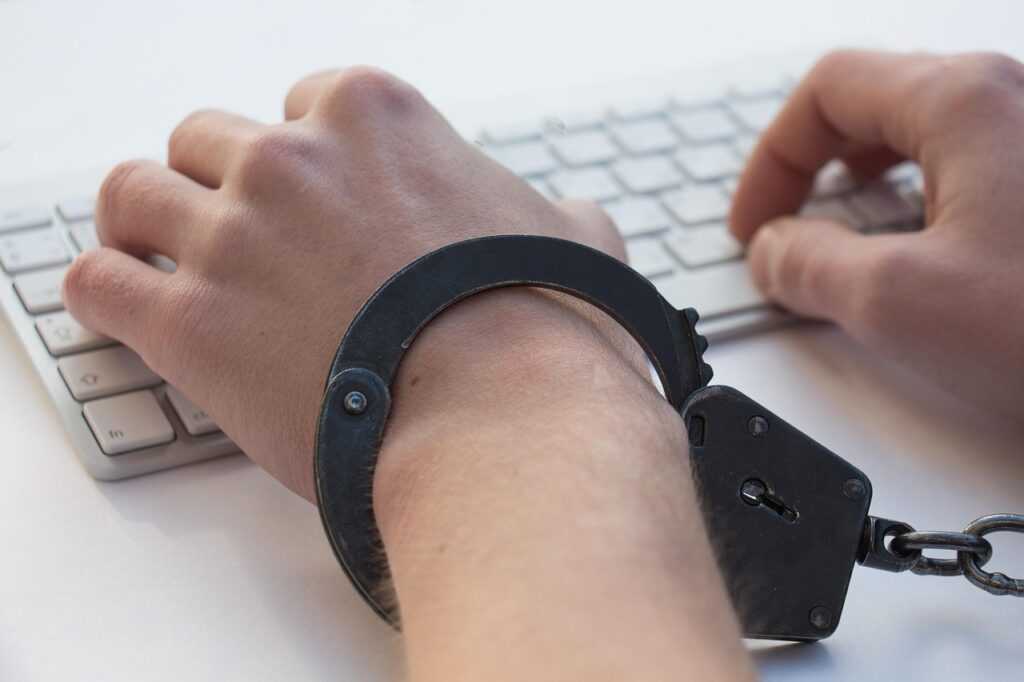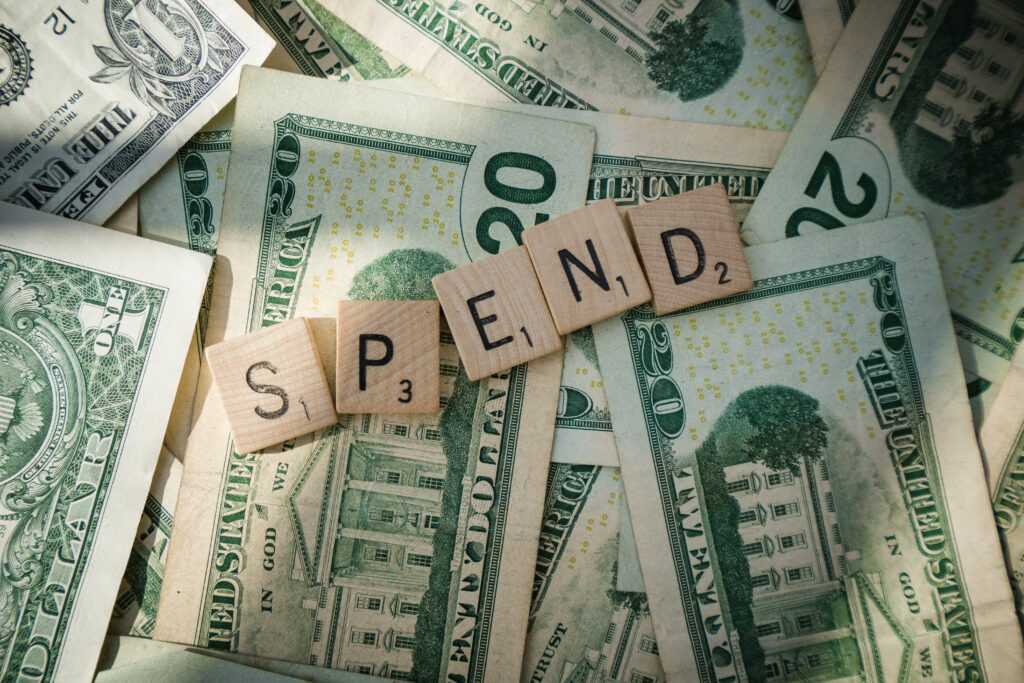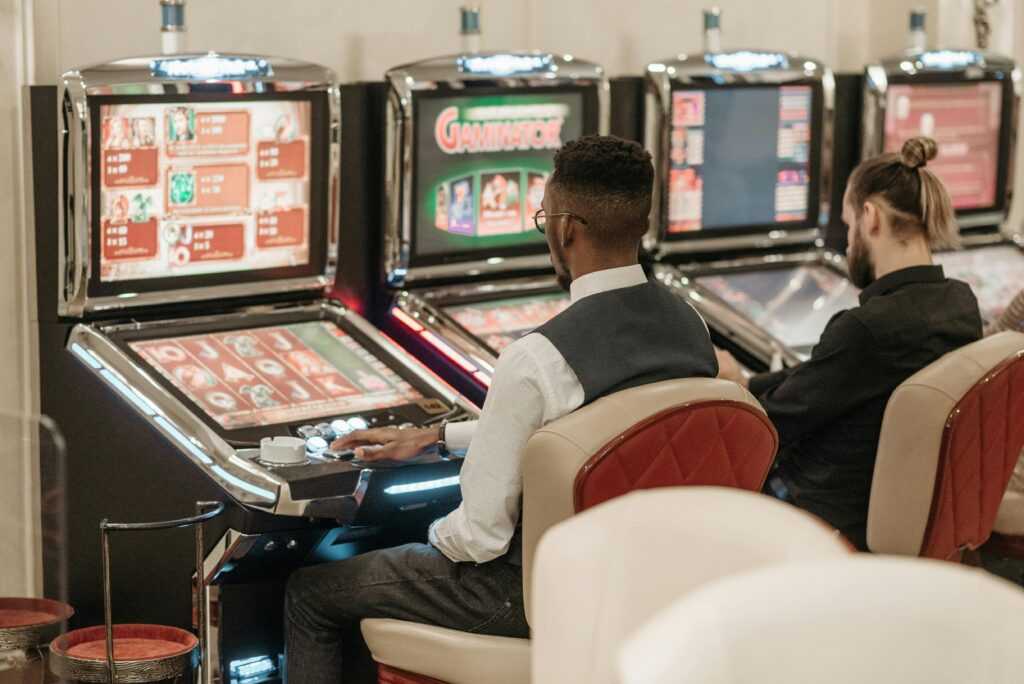Spotting the Early Warning Signs
It doesn’t happen all at once. Problem gambling sneaks in gradually a few more minutes at the slots, then suddenly it’s hours. Longer nights, skipped meals, time slipping away without notice. When the session ends, the losses sting and the urge to recover them kicks in. That’s when bets get bigger, riskier, based more on impulse than odds.
Mood starts riding shotgun with the bankroll. A win brings the rush. A loss? Anger, shame, or crushed silence. It seeps into other areas, too. Late to work. Missed calls. Canceled plans. Relationships strained, even ignored. And when questions come about where the money went or why you’re still online at 2 a.m. the truth starts getting bent or buried.
These are more than just bad habits. They’re warning signs. And recognizing them early matters. Ignoring them only digs the hole deeper.
Financial Red Flags
Money leaves a trail and when gambling becomes a problem, the signs show up fast. Unexplained withdrawals, sudden bank overdrafts, and credit cards pushed to the limit are hard to ignore. These patterns usually don’t happen once. They repeat, quietly stacking up behind late night bets and high risk plays.
When people start borrowing from friends, family, or even selling off their stuff to stay in the game, it’s not just about bad luck. It’s a warning. Rent payments get skipped. Bills pile up. Essentials take a back seat to the next big win that never comes.
One of the biggest red flags? Framing gambling as a way out of financial trouble. What sounds like a fix is often just fuel for the fire. If gambling starts being described as a plan instead of a pastime, it’s time to stop and take a hard look.
These financial behaviors aren’t just numbers they’re early signs. Catch them now, before the cost climbs higher.
Emotional and Behavioral Changes

Gambling issues don’t just hit your wallet they mess with your head and how you show up in everyday life. Anxiety and depression tend to creep in, especially after losses or long sessions that spiral out of control. What starts as a way to escape stress ends up being the cause of it.
People often start pulling away. You might skip family events, dodge phone calls, or ghost friends just to gamble in peace or to avoid explaining what you’re really doing. And when someone finally asks, the walls go up: lying, deflecting, or getting defensive becomes second nature.
One of the clearest signs things are off track is what feels like a never ending loop: deciding to quit, slipping up, promising it won’t happen again, and then doing it anyway. This pattern isn’t about weakness it’s about compulsion. And without recognizing it, the cycle just keeps spinning.
Real Tools for Real Boundaries
Identifying problem gambling is only the first step. The next and often most critical is creating real boundaries that help break the cycle. Tools like self exclusion programs and personal limits are powerful ways to regain control before gambling becomes destructive.
How Self Exclusion Programs Work
Self exclusion programs allow individuals to voluntarily ban themselves from gambling environments for a set period of time. Once enrolled, access to in person casinos or online betting platforms is blocked.
Key features include:
Customized exclusions: Choose specific locations or platforms to block
Variable durations: Temporary (weeks or months) or permanent bans available
Third party support: Some programs involve family or therapists for added accountability
These programs are offered through casinos, online platforms, or local gambling authorities. Participation is confidential, and many systems allow for renewal if additional support is needed.
Setting Limits That Stick
Even outside of formal exclusion, setting your own restrictions can be highly effective. You’re more likely to stay on track when your environment supports your goals.
Consider setting limits on:
Time: Use apps, screen timers, or reminders to cap your daily gambling activity
Money: Lock your spending abilities some platforms let you set deposit caps
Access: Install blocking software to restrict gambling websites and apps
The key is consistency. Set firm, non negotiable rules, and treat these boundaries as essential not optional.
Self Awareness First, Always
Tools help. But self awareness is the foundation.
Recognize your triggers: stress, boredom, or even celebration can lead to impulsive gambling
Journal or track habits: writing down when and why you gamble can reveal patterns
Ask yourself hard questions early: “Is this still fun or is this something else?”
The sooner you pause and evaluate your relationship with gambling, the greater your chances of staying in control.
Check out our complete self exclusion guide to learn how to implement these boundaries effectively and sustainably.
When and How to Get Help
Help doesn’t always come in the way you expect and that’s okay. Sometimes it starts with hearing something tough from someone close. A partner. A sibling. A friend who’s seen the shift. Listening to those voices, even when they’re uncomfortable, can crack open the door to change.
From there, the smartest step isn’t silence. It’s talking to people who know the landscape. Counselors who specialize in gambling disorders aren’t there to judge they’re trained to guide. They know the patterns, the triggers, and how to help you build real strategies that stick.
Peer support helps too. Being in a room, virtual or otherwise, with others who’ve been where you are can cut through the isolation fast. Therapy groups and one on one sessions offer a space to speak freely and more importantly, to be heard.
Don’t underestimate timing. Waiting for things to get worse is a losing bet. Early action gives you more options, more control, and a better shot at getting back on top before the fallout spreads too far. This isn’t just about willpower. It’s about building a support system before the damage calcifies.
Taking Control Sooner, Not Later
The turning point starts with being brutally honest with yourself. If your gambling habits feel out of sync with your values or are starting to affect your life, noticing that isn’t weakness it’s a signal of strength. Real strength is choosing to look straight at the problem instead of pretending it’s not there.
And here’s the truth: you’re not the only one. Far from it. Millions of people wrestle with the same patterns, the same spiral, the same shame. Isolation only makes it worse. What works is realizing you’re in a crowd and help is out there.
But help only works when you let it. Systems to protect yourself, like self exclusion programs, do exist. They build a buffer between you and the slot machines, both digital and real. They’re not magic, but they’re tools and tools need to be picked up and used.
If you’re ready to draw a line, learn how the self exclusion guide helps you take back control. No one gets through this alone good thing you don’t have to.







